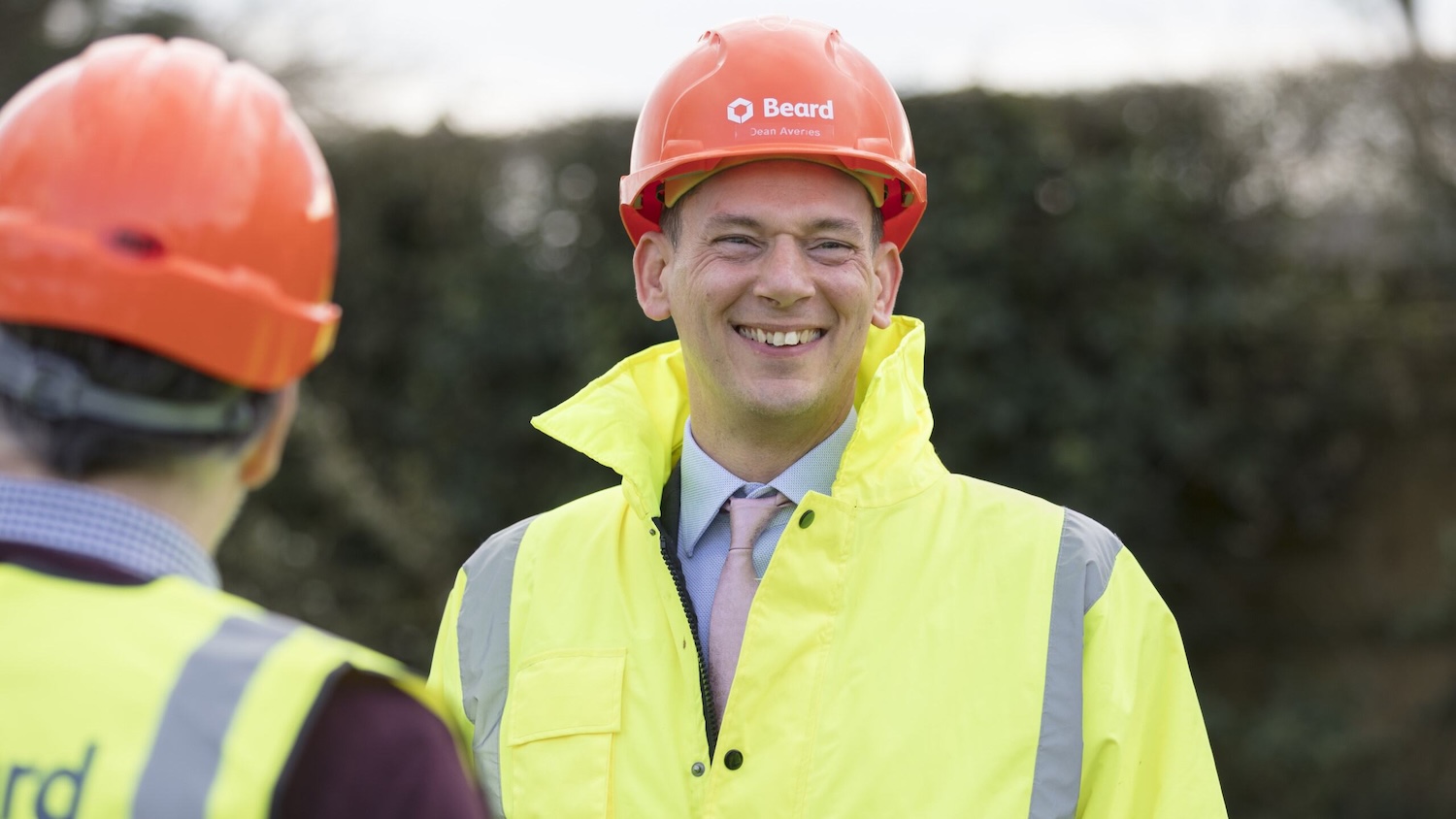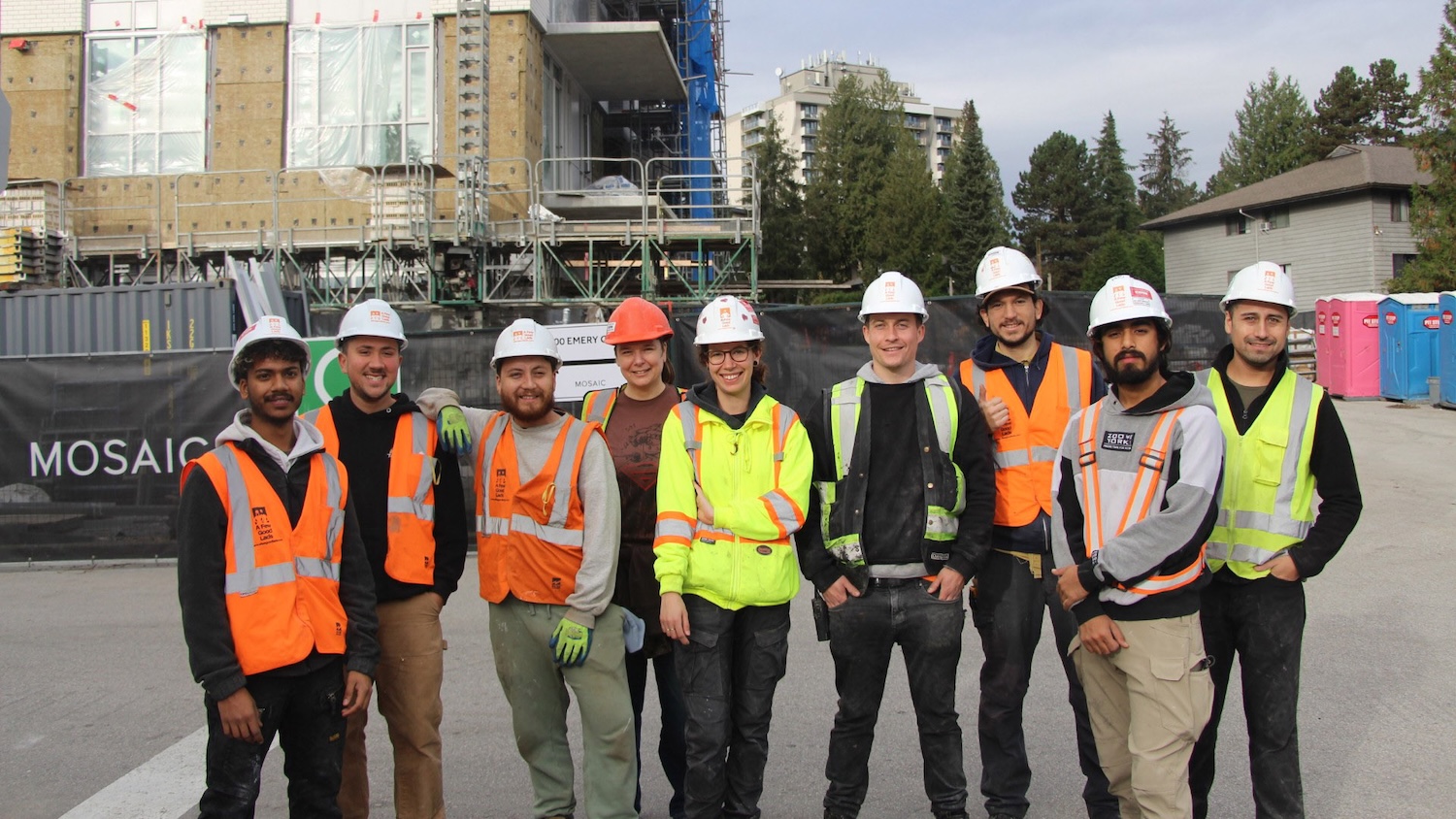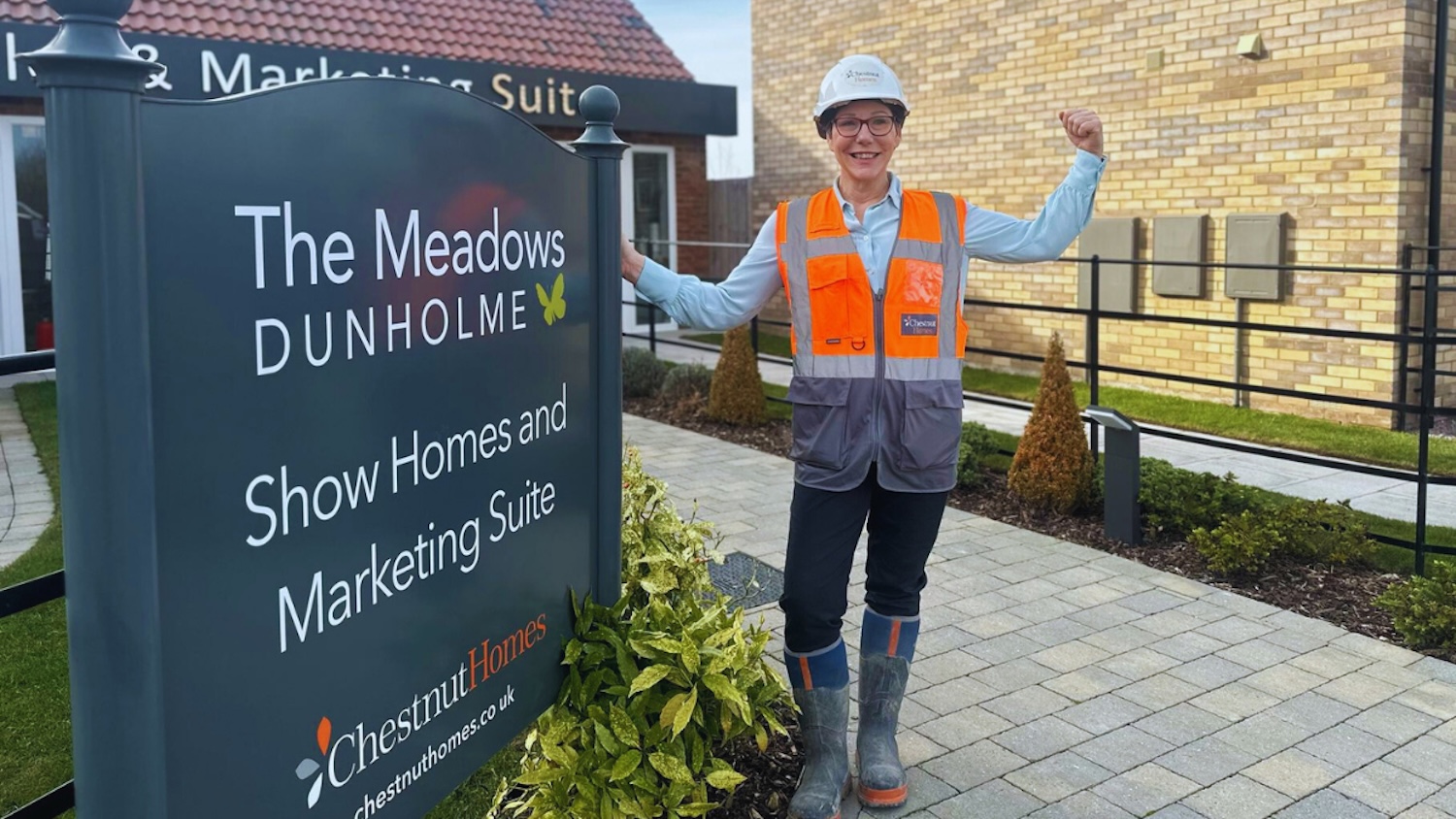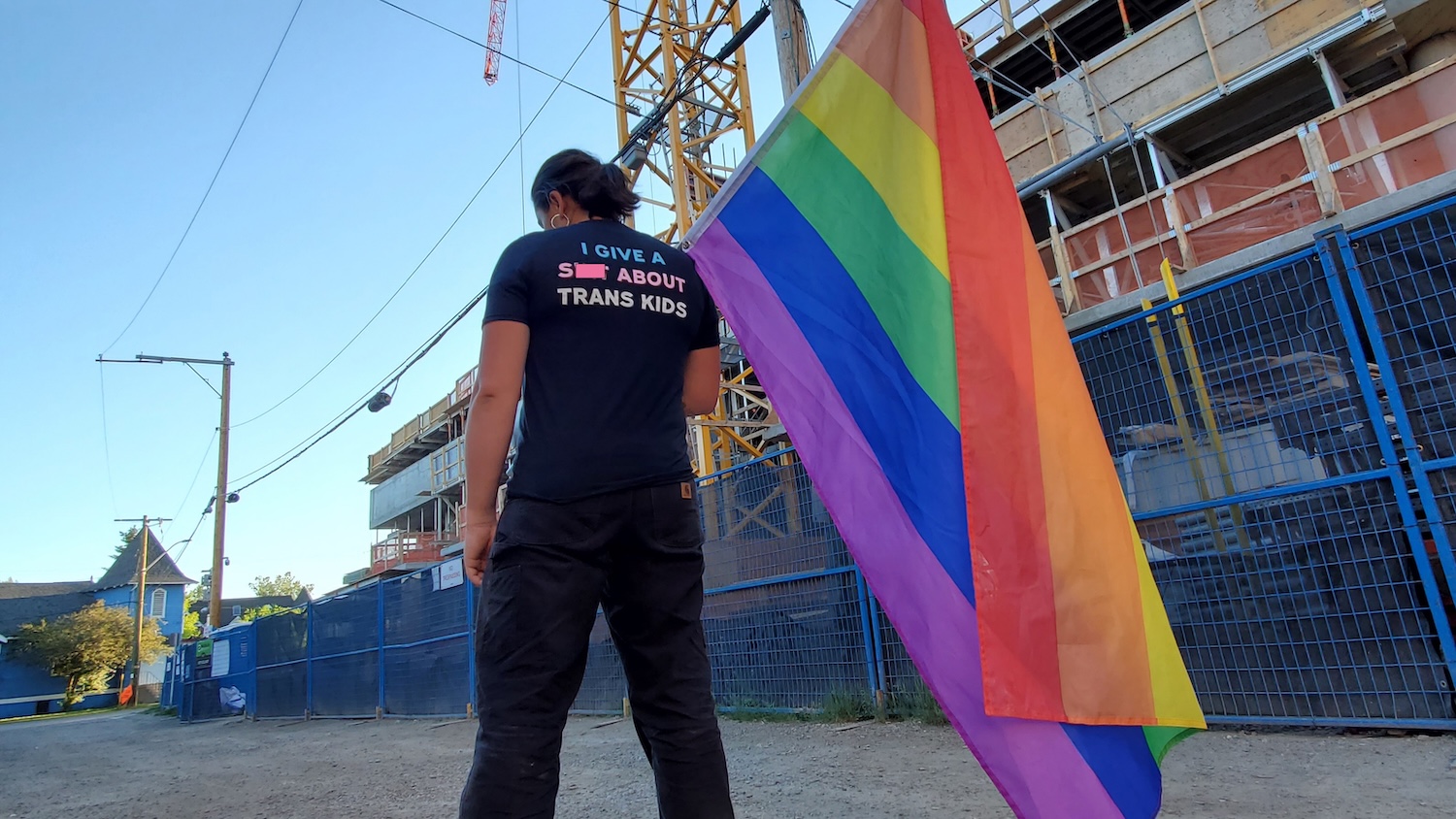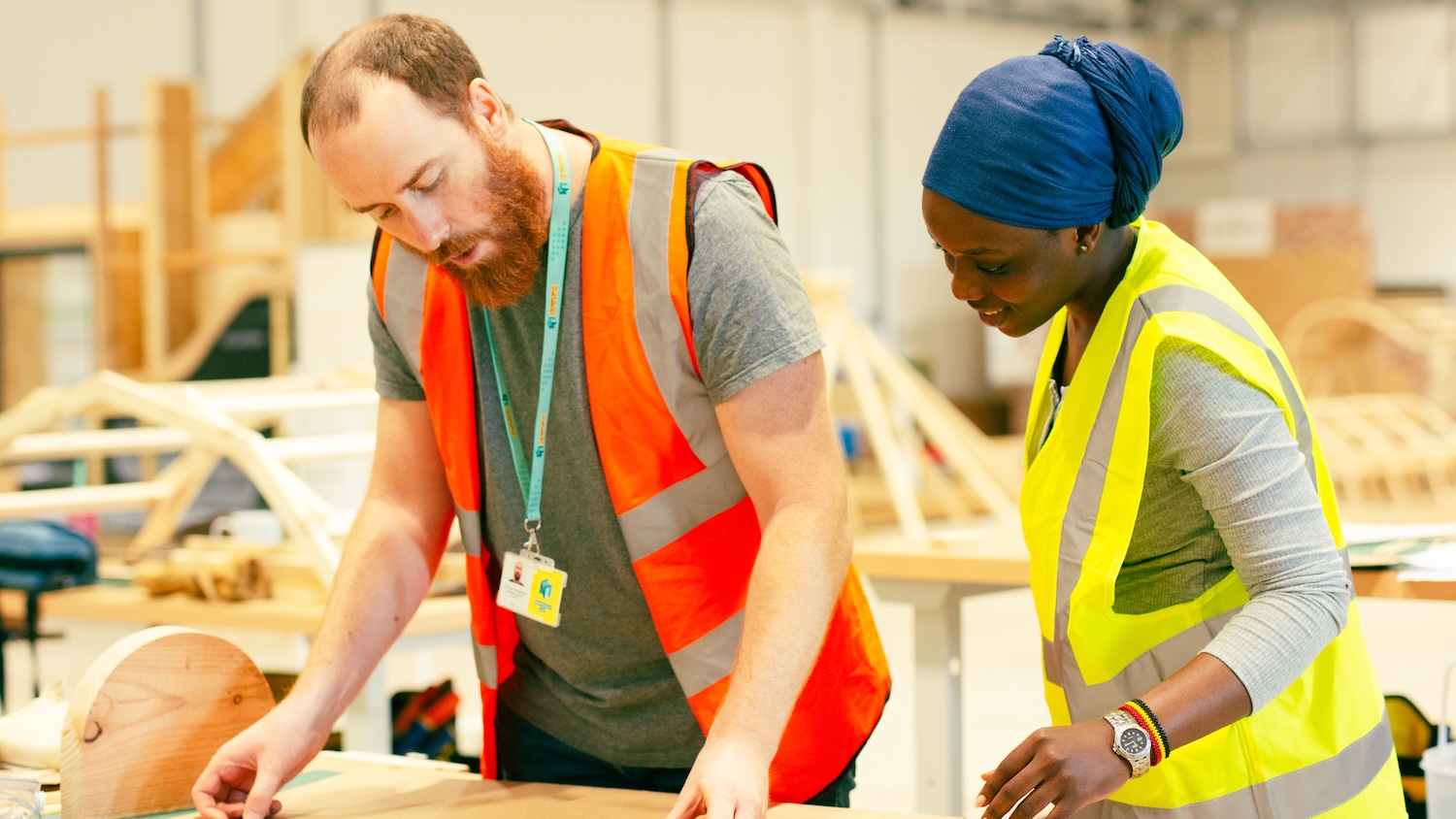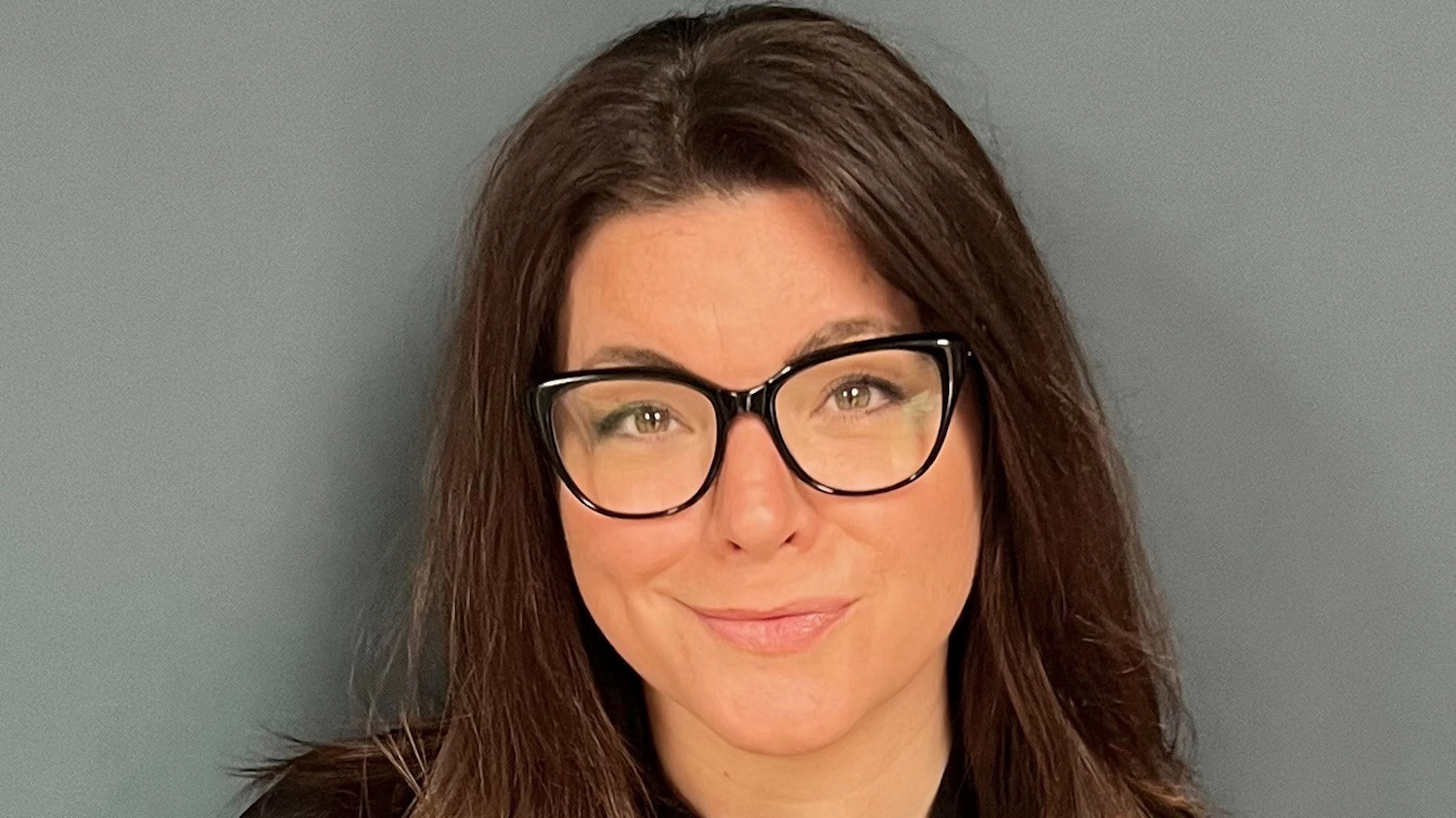
Job spotlight: head of sustainability, Sir Robert McAlpine
Kirsty Shrubsall explains why passion and communication skills are crucial in her role at Sir Robert McAlpine
What does your typical day look like?
In my role as head of sustainability, I oversee sustainability and social value.
There is no such thing as a typical day. However, I do make sure to balance my time between the project offices and being on site so that I am both visible and accessible to the team.
As a large group spread across a number of projects, we can often work in silos, so part of my role is to ensure there is collaboration between the team.
In addition to monitoring the progress of work being undertaken and providing support where needed, other areas covered as part of my role are enabling my team to perform as technical experts within their area of expertise, career development, working as part of the leadership team focusing on strategic development, encouraging innovation and realising client aspirations through work winning.
What skills and qualifications do you need for your role?
Unlike more traditional roles within construction, there are a variety of routes into sustainability – it’s not linear.
I actually come from a design background, and there are other members of the senior leadership team who have entered construction having studied engineering or geography.
To understand sustainability is to be interested in the whole, rather than viewing it as a one-stop, tick-box exercise. Our understanding of ESG has expanded to take into account health and wellbeing, social responsibility, the effect on local communities, as well as diversity and inclusion
Things have changed from when I was starting out. There are more structured routes into sustainability on offer – for example, environmental science degrees, corporate social responsibility degrees and sustainability master’s degrees. Our two sustainability apprentices I am currently working with are studying environmental science.
I think the most important thing to bring to a sustainability role is passion and the ability to communicate. This allows practices to be firmly embedded into projects at every level. And a wider knowledge of construction and how to apply sustainability within it will be useful, too.
A big part of my role also involves an educational element. Having the skillset to educate and upskill team members is vital.
What are your long-term career goals?
Sustainability is a sector that is constantly evolving. In the long-term, I am keen to keep myself open to any opportunities or possibilities as the landscape develops.
For example, recently there has been an increased focus on environmental, social and governance (ESG) and responsible business. I am excited to see how this might develop and shape the sector going forward.
Another area of focus is to develop my leadership skills and style. I am passionate about coaching and fostering growth and development within my team and would love to explore more opportunities to do so.
I was lucky enough to enrol in Sir Robert McAlpine’s Senior Leadership Executive Programme at Cranfield University this year.
What is your view on how sustainability-related construction roles can help to engage the next generation of talent?
Future talent entering the industry will naturally be more interested in and committed to sustainability as a result of a change in education and cultural values.
It is crucial for us to embed sustainability into everything we do, and for all talent to become advocates for responsible business.
To understand sustainability is to be interested in the whole, rather than viewing it as a one-stop, tick-box exercise. Our understanding of ESG has expanded to take into account health and wellbeing, social responsibility, the effect on local communities, as well as diversity and inclusion. It will be great to see how future talent can feed into this.
What is your advice to anyone considering a construction career?
There is more to construction than just bricks and mortar; it offers a range of professions to suit diverse and varied interests. The construction industry is dynamic, with a range of opportunities and directions available.
Consider what your passions are. Whether you are interested in sustainability, digital construction or a more commercial avenue, there will be a role for you.
It’s also worth bearing in mind that a career in construction can be fluid. Many people join in one area and move to another. Be open to these changes.

